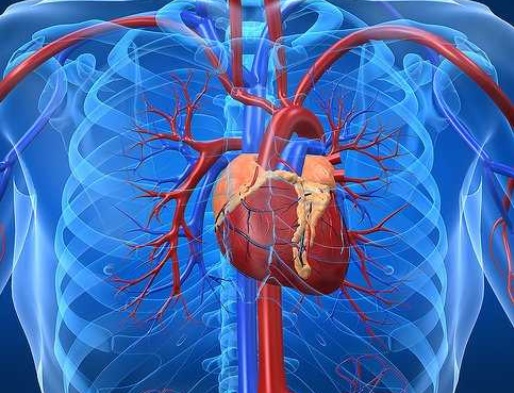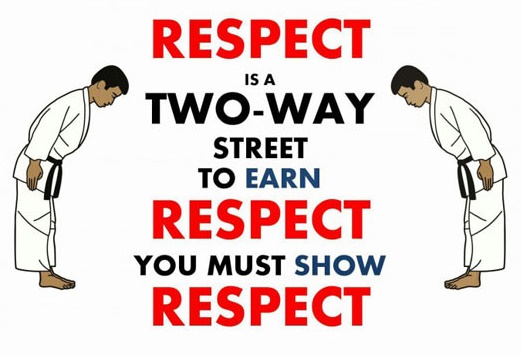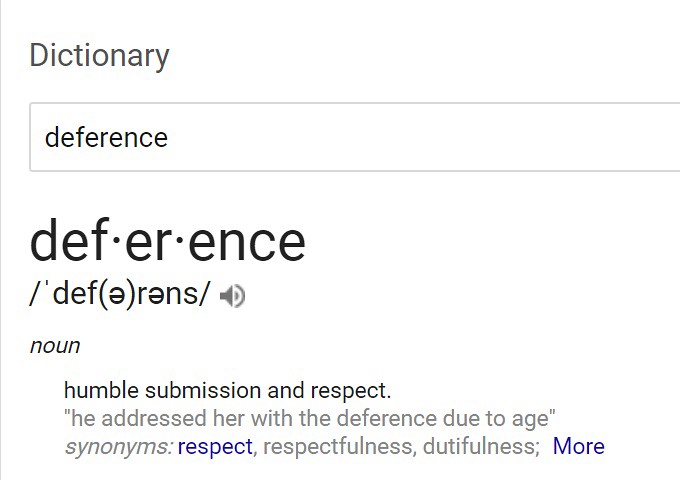 |
| Source: YWCA New York |
Today marks the last day of February. February has been designated as 'Black History Month' in the United States of America. Racism is still alive and strong in our nation. Each of us should understand that there are still large issues surrounding racial bias. We must continue to educate ourselves on new research findings and solutions which are reducing racism across the nation. This applies not just to institutions such as universities but society in general.
Outside the university setting, #BlackLivesMatter is thriving alive and gaining momentum. Additionally, the immigrant community is experiencing racial issues with the DACA resolution which is turning into a partisan issue in Washington -- despite that we are a nation of immigrants. Inside the university, measures are being taken to ensure DACA recipients the updated information which university administrators are receiving in real time. In education, the #BlackLivesMatter is coined #BlackMindsMatter and is currently a large topic being explored in 'Faculty Development' departments across universities around the country - which is great.
With all of the obvious statements above, I thought that leaving the month of February should be marked with the work that is still left to be accomplished to make progress on reducing (and eliminating) racial bias. In the January issue of Harper's Magazine, the following statistics were highlighted which I thought would be worth noting to the public at large (those who care to read my blog) for 'food for thought:'
Estimated chance that a white woman in Washington, D.C., has a tanning-salon addiction : 1 in 5Percentage by which white job applicants in the United States were preferred over black applicants in 1989 : 36In 2015 : 36Percentage of black Americans earning less than $25,000 a year who say they have been called a racial slur : 40Of black Americans earning more than $75,000 : 65Percentage of US Latinos who would support a law criminalizing offensive speech about white people : 47Of US whites : 26Percentage of US whites who believe white Americans are discriminated against : 55Who say they’ve experienced discrimination themselves : 21Amount white supremacist Richard Spencer paid the University of Florida to give a speech last October : $10,564Estimated amount the university paid for security : $600,000Percentage of Asian-American doctors who have had a patient request a different physician because of their ethnicity : 22
Some readers might be wondering why I included the first statistic regarding 'tanning salon' addictions. First, because the statistic is strange. Second, because I am wondering why other ethnicity statistics were not included?
I am not pretending to have solutions to reduce and eliminate racial bias. In fact, I embraced Black History month and decided to read a few books to educate myself. I am very far behind in understanding the problem. Although, if I do not start, I will not progress. One book is worth mentioning -- which is "Race Matters" by Dr. Cornel West. That was the first book on my reading list this month. Prof. West highlights the need for the populations to rise up together and join to fight against systemic racism.
Again, I am not the person to speak on the subject in any real manner. I am learning about the progress that needs to be made along with what I can do to help others achieve their mission. How can I help empower others to work to solve these ongoing issues. Just look at the ridiculous statistics above. My goodness. We need to change. Racial discrimination is unacceptable. Each of us should be exploring the avenues by which we can make a difference. A difference on a local, state, and federal level. What are you doing to help alleviate the problem?












